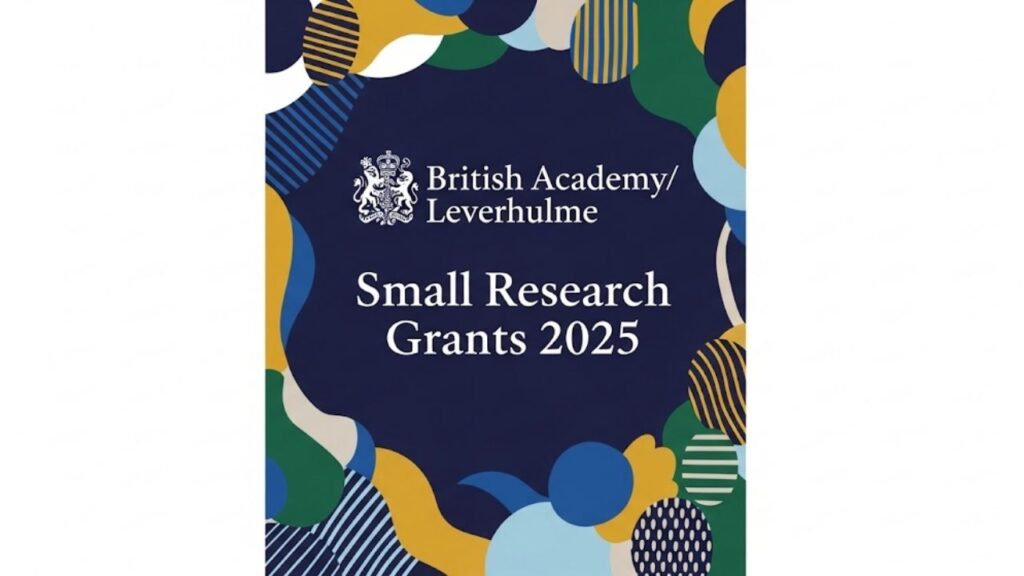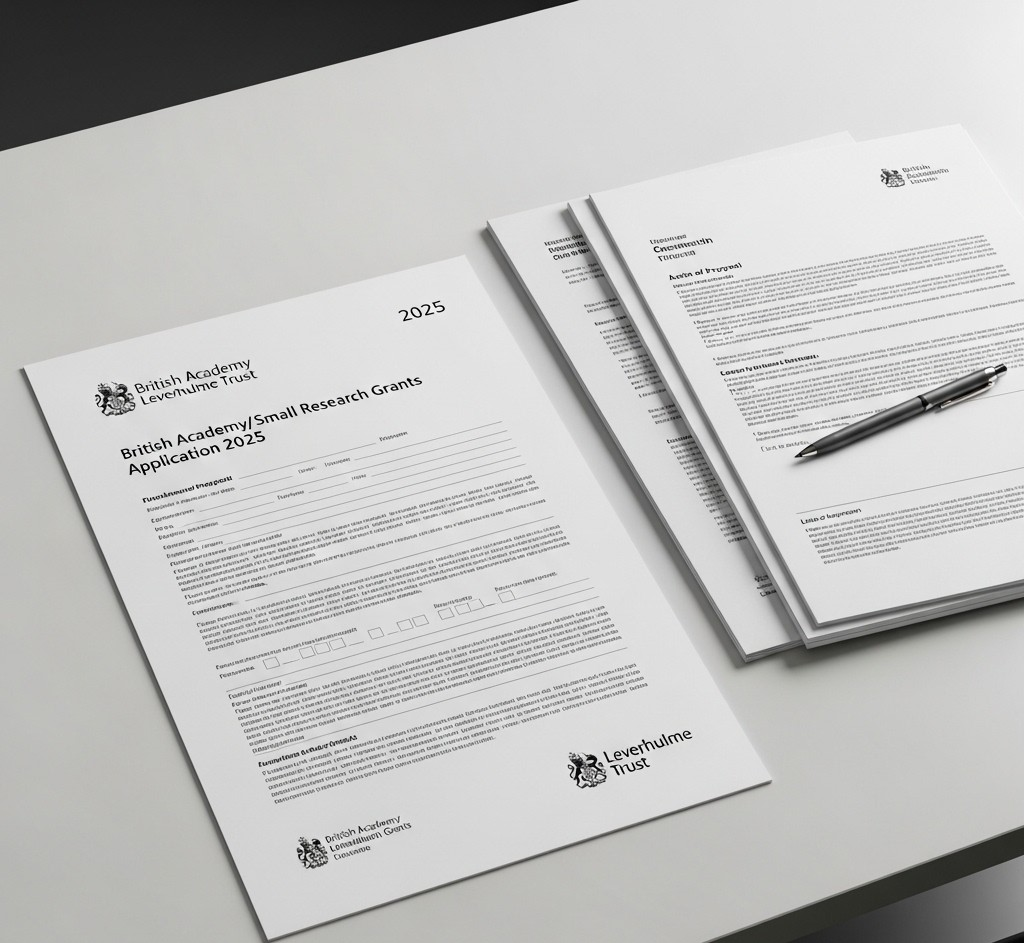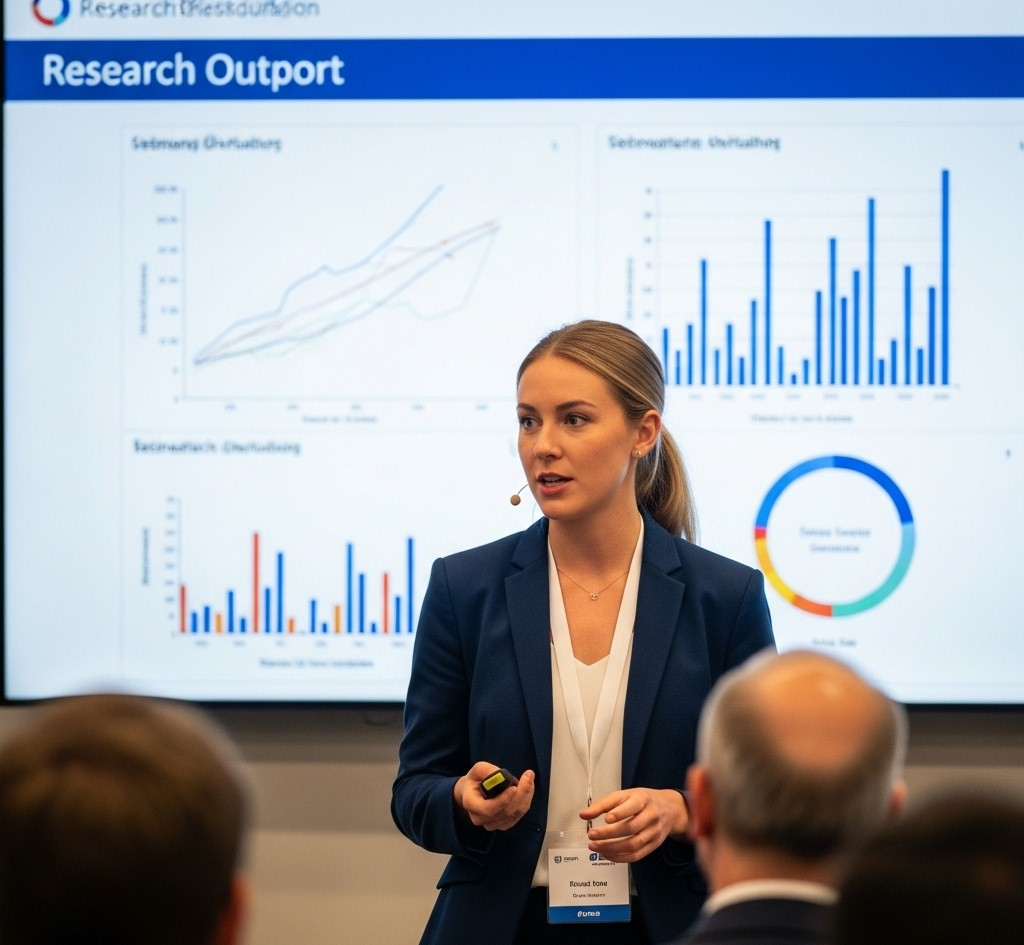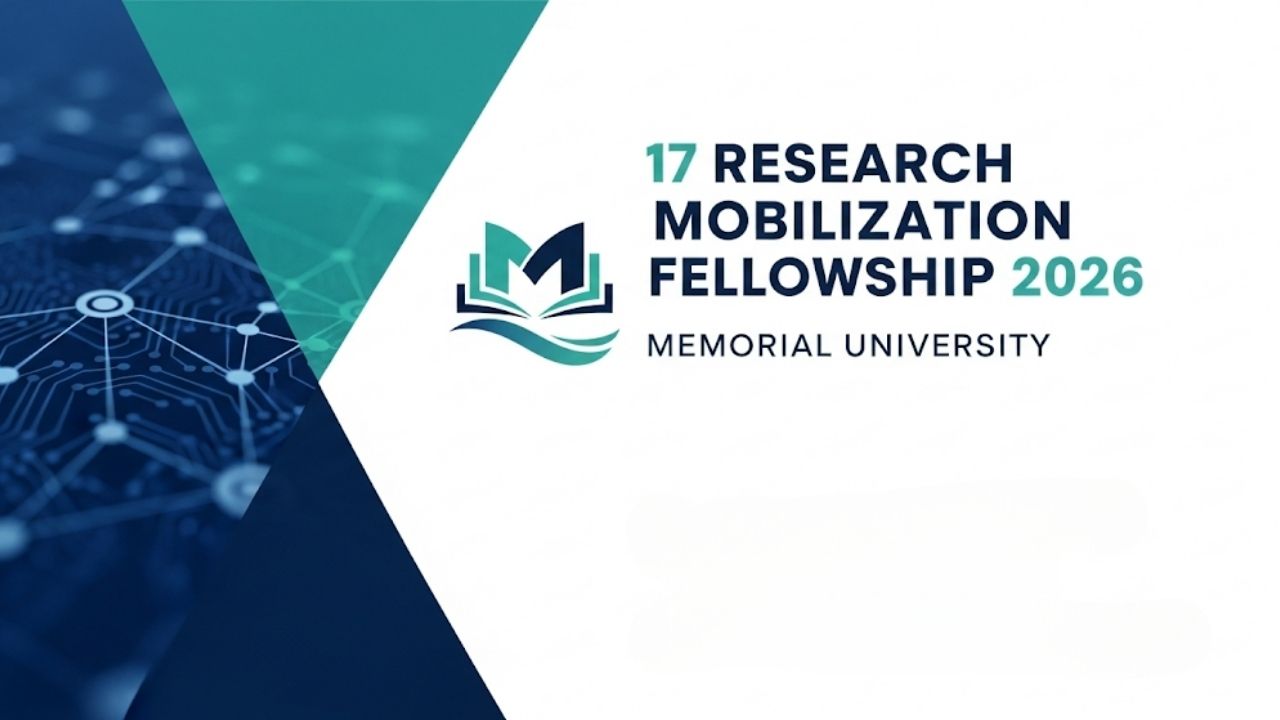Are you a researcher in the humanities or social sciences with a brilliant idea that needs a crucial funding boost? The British Academy/Leverhulme Small Research Grants 2025 are designed precisely for you, offering up to £10,000 to fuel your primary research. Navigating the world of research grants can feel daunting, but with the right approach and a clear understanding of the process, you can significantly increase your chances of success. This article will provide comprehensive, actionable, and encouraging information to help you understand and successfully navigate the application process.

British Academy/Leverhuilme Small Research Grants 2025: Your Roadmap to Success
The world of academic research is brimming with groundbreaking ideas, yet often, the biggest challenge isn’t the research itself, but securing the funding to make it a reality. If you’re a researcher in the humanities or social sciences seeking to propel your work forward, the British Academy/Leverhulme Small Research Grants 2025 could be your next big opportunity. These prestigious grants offer up to £10,000 to support primary research, acting as a vital lifeline for projects that require dedicated resources. Having advised many aspiring applicants, I’ve seen firsthand how a well-crafted application can transform a promising idea into a funded research project. This guide is designed to provide you with comprehensive, actionable, and encouraging insights to successfully navigate the application process, turning your research dreams into tangible achievements.

Understanding the British Academy/Leverhulme Small Research Grants
The British Academy, in partnership with the Leverhulme Trust and other key funders, offers these Small Research Grants to support scholars at postdoctoral or equivalent level. These grants are specifically aimed at funding direct research expenses in the SHAPE disciplines (Social Sciences, Humanities, and Arts for People and the Economy). Unlike larger, multi-year awards, these grants are perfect for discrete, well-defined projects that can demonstrate a clear outcome upon completion.
Who Can Apply? Eligibility Essentials
Before you even begin drafting your proposal, it’s crucial to confirm your eligibility. The British Academy/Leverhulme Small Research Grants are open to researchers who meet specific criteria:
- Residency: You must be ordinarily resident in the United Kingdom, the Isle of Man, or the Channel Islands (for tax purposes) or currently employed overseas by a recognized UK overseas research organization.
- Research Level: Grants are available for research at postdoctoral or equivalent level. This means you must have successfully passed your viva voce examination and completed any corrections for your PhD. If you don’t have a PhD, equivalent experience might include holding an established post, a strong publication record, or relevant teaching experience.
- Institutional Affiliation: While not strictly a requirement to be affiliated with a UK academic institution for Small Research Grants, your application will need to be submitted via the British Academy’s Flexi-Grant® Grant Management System (GMS) and approved by a registered approving organization. It’s wise to check with your institution’s research office early on.
- Previous Grants: If you are currently a principal investigator on another British Academy research grant, you cannot apply as a principal or co-investigator on another until your current award’s conditions are met. However, if you are a co-investigator, you are eligible to apply for a new grant.

Crafting a Winning Proposal: Key Components
A strong application for the British Academy/Leverhulme Small Research Grants 2025 goes beyond just a good idea; it requires meticulous planning and clear articulation. The application typically includes an abstract, a proposed programme of research, a detailed plan of action, and expected research outputs.
1. The Abstract: Your Project’s Elevator Pitch (150 words)
Think of your abstract as the concise summary that hooks the assessors. It should clearly state your research question, methodology, and anticipated impact. Make every word count. Assessors often read the abstract first, and it sets the tone for your entire application.
2. Proposed Programme of Research: Laying the Foundation (1500 words)
This is where you delve into the academic heart of your project.
- Research Question(s): Clearly articulate the central questions your research will address. These should be focused, original, and significant within your field.
- Literature Review: Demonstrate your deep understanding of existing scholarship. Identify the gaps your research will fill and how it builds upon or challenges previous work.
- Theoretical Framework: Explain the theoretical underpinnings of your study. How does your work contribute to theoretical debates or develop new conceptual approaches?
- Originality and Significance: Why is this research important now? What new knowledge or insights will it generate? How will it advance your field?
3. Plan of Action: The How-To Guide (800 words)
This section is all about feasibility. Detail the practical steps you will take to achieve your research objectives.
- Methodology: Clearly describe your research methods. Will you conduct archival work, interviews, surveys, data analysis, or a combination? Justify your choice of methods and explain how they will enable you to answer your research questions.
- Timeline: Provide a realistic timeline for your project, outlining key milestones and deliverables within the 1-24 month grant period.
- Resources and Logistics: Explain what resources you will need (e.g., access to archives, specific software, research assistance) and how you plan to acquire them. Detail any necessary travel, accommodation, or subsistence.
- Risk Assessment: Briefly consider any potential challenges or obstacles and how you plan to mitigate them.
4. Planned Research Outputs: Showing Your Impact (500 words)
The British Academy values clear, identifiable outcomes. Think about how your research will be disseminated and its broader impact.
- Academic Outputs: This typically includes journal articles, book chapters, monographs, or conference papers. Be specific about the type and number of outputs you anticipate.
- Beyond Academia: Consider if your research has potential for wider engagement, such as policy briefings, public lectures, blog posts, or engagement with non-academic organizations. While academic outputs are preferred, broader impact strengthens your proposal.
I’ve seen many successful applicants articulate not just what they’ll produce, but why it matters and who will benefit. This forward-thinking approach truly sets proposals apart.

Budgeting for Success: Making Every Pound Count
The maximum grant amount is £10,000. It’s crucial to present a realistic and justified budget. Eligible costs typically include:
- Travel and Accommodation: For research visits, archives, or fieldwork. The British Academy sets a maximum of £100 per day for subsistence.
- Research Assistance: Short-term consultancy or salary costs for expert staff or research assistants, if central to the project.
- Consumables: Datasets, photocopies, microfilms, and other minor items directly consumed during the research.
- Preparation of Illustrations: Costs for photography, image acquisition, draughtsmanship, or other bespoke illustrative material, if critical to the research.
The Referee Statement: A Crucial Endorsement
You are required to nominate one referee who will submit a supporting statement via the Flexi-Grant® GMS by the application deadline. This statement is vital and must be submitted before your application can be approved by your host organization. Choose your referee carefully – ideally, someone familiar with your work, your research capabilities, and the proposed project, and contact them early to ensure they have ample time to provide a strong reference.
Mastering the Application Platform: British Academy Flexi-Grant®
Applications for the British Academy/Leverhulme Small Research Grants 2025 are submitted exclusively online through the British Academy Flexi-Grant® Grant Management System (GMS). If you’re new to the system, you’ll need to register. It’s strongly advised to prepare your application offline in a word processor and then copy and paste the content into the online form. This prevents accidental loss of work due to automatic log-outs.
Your Definitive Guide to the NAAS Research and Curatorial Fellowship 2025
A Comprehensive Guide to British Academy Mid-Career Fellowships 2025
FAQ
Q1: Can postgraduate students apply for the British Academy/Leverhulme Small Research Grants?
No, these grants are specifically for researchers at postdoctoral or equivalent level. Postgraduate students are not eligible to apply.
Q2: How much funding can I apply for?
The maximum grant amount is £10,000 over a period of up to two years. Applications for less than £500 will not be considered.
Q3: Is there a partial randomisation trial for the assessment process?
Yes, the British Academy has implemented a partial randomisation trial for the assessment of these grants. Applications first pass an initial quality threshold through peer review. Those that meet this threshold are then entered into a random allocation process for funding decisions. This approach aims to provide feedback to all applicants on whether their proposal met the quality criteria.
Q4: Can I resubmit an unsuccessful proposal?
Yes, resubmission of the same proposal is allowed once in the Small Research Grants scheme. You can also re-apply with a revised or different proposal as long as you continue to meet the eligibility criteria.
Q5: What types of costs are not covered by the grant?
The grants do not cover full economic costs (fEC), meaning university estates or indirect costs, or staff salaries. Normal regular childcare costs while at home are also not eligible.










